Podcast: Heroines of the 20th Century - Black Women in the Americas
History is often told through the lives of well-known figures, frequently men of European descent from the upper classes. This podcast is based on a seminar which highlighted the biographies of Black women who, through their achievements, have left a mark on the societies they lived in. We focused on the work of Ana Echegoyen, Ellen Irene Diggs, Zora Neale Hurston and Rosa Parks in the period from 1930-1960, but also made connections to today. Ana Echegoyen, the first Black female professor at the University of Havana, taught in the Faculty of Education and is known for her engagement in the Cuban literacy campaign. The anthropologist Ellen Irene Diggs, who studied at the University of Havana, also focused on education and taught for over thirty years at Morgan State College, a Historically Black College that played a critical role in the education of African Americans. An alumna of another important Historically Black College, Howard University, Zora Neale Hurston was a pioneer in anthropology and a prominent fiction writer of the Harlem Renaissance. While these three women made important academic contributions to their fields, Celia Cruz and Elizabeth Keckley distinguished themselves through their artistic work. As the dressmaker of First Lady Mary Lincoln, Elizabeth Keckley became the first Black taylor in the Americas. Cuban dancer, singer and composer Celia Cruz gained world fame as the "Queen of Salsa", bringing African-descended musical traditions to the international stage. As a militant civil rights activist in the United States, Claudia Jones propelled Marxist thought into mainstream Black political thought.
A podcast based on a seminar by Vanessa Ohlraun, Centre for Atlantic and Global Studies, History Department, Leibniz University Hanover, in collaboration with Juliane Ulbrich, as well as Carolin Hachmeister, Austėja Labanauskaitė, Melissa Lázaro, Dana Paulina Müller, Jonah Müßig, Aleksandra Musiol, Sophie Polke, Fynn Reckel, Leon Rösler, Selma Ruß, Alia Saberi Jafari, Carolin Sauer, Lilly Trappe and Marlene Wybraniec. With kind support from the Leibniz School of Education.
With guests María del Rosario Díaz, Roger Lee de Jesus, Sandra Heidl.
This podcast took inspiration from the Teaching Hard History podcast series from Learning for Justice, the community education program of the Southern Poverty Law Center (SPLC), as well as the journal Afrocubanas – La Revista. For current perspectives on Black Cuban women, see Afrocubanas No. 13, excerpts of which can be found in English here, and Negra Cubana Tenía Que Ser.
EPISODE 1: CELIA CRUZ
Celia Cruz (1925–2003) was a Cuban singer known for her significant contributions to Latin music, particularly salsa. She gained prominence as the lead vocalist of the Sonora Matancera orchestra before leaving Cuba after the revolution. Over her long career, she released numerous notable songs, including "La Vida es un Carnaval" and "Quimbara". Known for her phrase "¡Azúcar!" Cruz became a prominent figure in the Afro-Cuban music tradition and salsa genre. In this episode, we take a look at her eventful life, beginning with how she grew up as a child in pre-revolutionary Cuba.
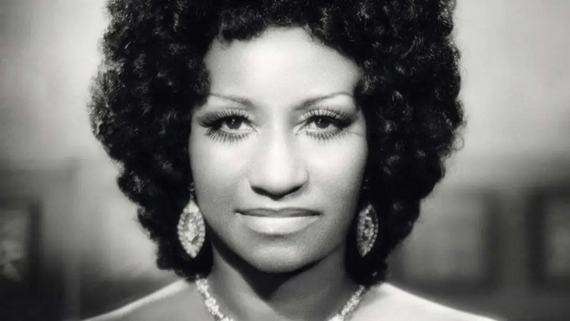
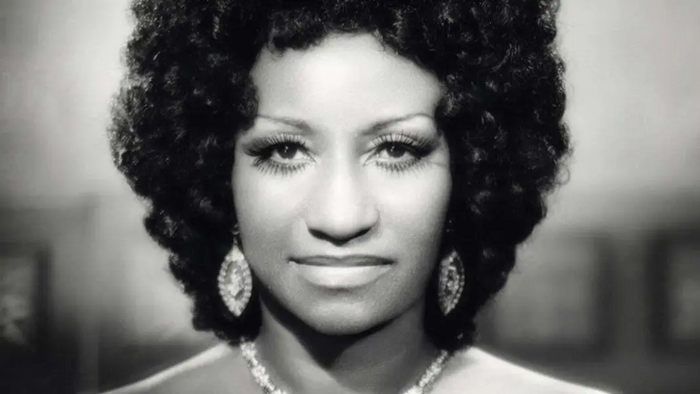
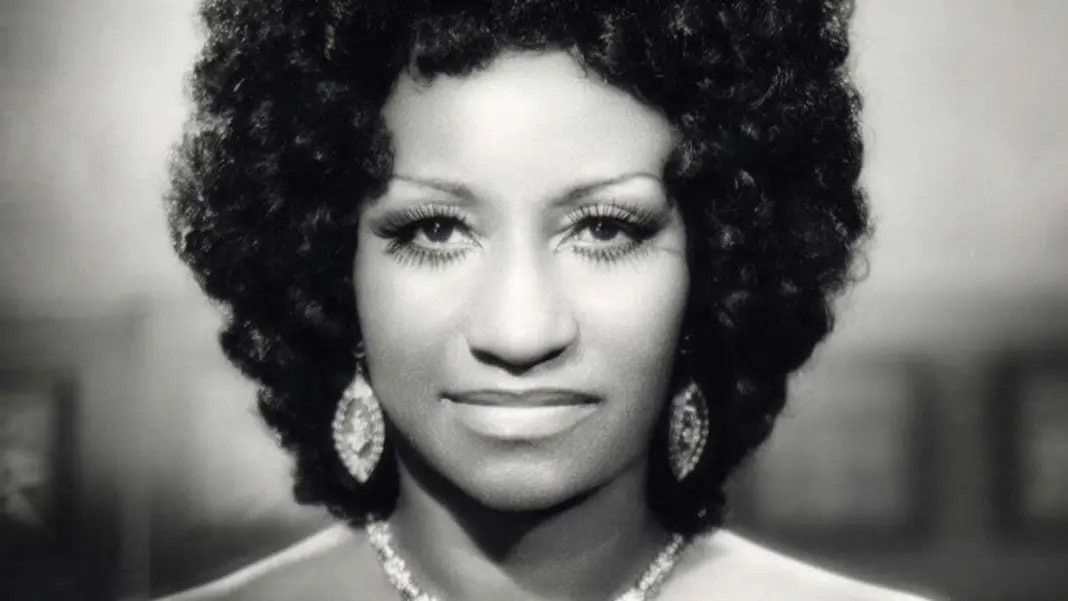 ©
Herrera Studios; courtesy of Omer Pardillo-Cid.
©
Herrera Studios; courtesy of Omer Pardillo-Cid.
EPISODE 2: ELLEN IRENE DIGGS
Ellen Irene Diggs (1906–1998) was an African American anthropologist and sociologist who collaborated closely with W.E.B. Du Bois and Fernando Ortiz before obtaining a professorship at Morgan State College in Baltimore, USA in 1947. With her work on the culture and history of African societies and the African diaspora she helped lay the groundwork for the academic field that came to be known as African American or Black Studies. This episode looks at her formative experience as a PhD student and a Black woman in Havana in the 1940s.


 ©
Ellen Irene Diggs papers, Box 14-22 folder 2, Beulah M. Davis Special Collections, Morgan State University, Baltimore, MD
©
Ellen Irene Diggs papers, Box 14-22 folder 2, Beulah M. Davis Special Collections, Morgan State University, Baltimore, MD
EPISODE 3: ANA ECHEGOYEN
Ana Echegoyen de Cañizares (1901–1970) was a Cuban educator and activist known for her advocacy for women’s rights and her contributions to Cuban intellectual and cultural life. As the first Black female professor at the University of Havana, she played a significant role in early 20th-century movements promoting gender and racial equality in Cuba. Echegoyen was deeply involved in various organizations and lead a major alphabetization campaign in the 1950s. In this episode, we will introduce you to this exceptional figure, reflecting upon her legacy as well as the challenges of working with archival materials in reconstructing the lives of African-descended women.
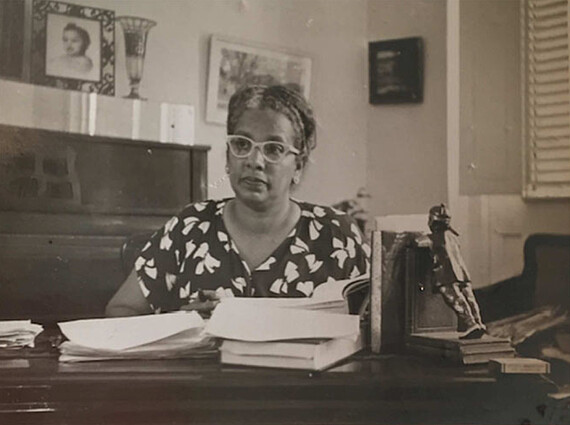
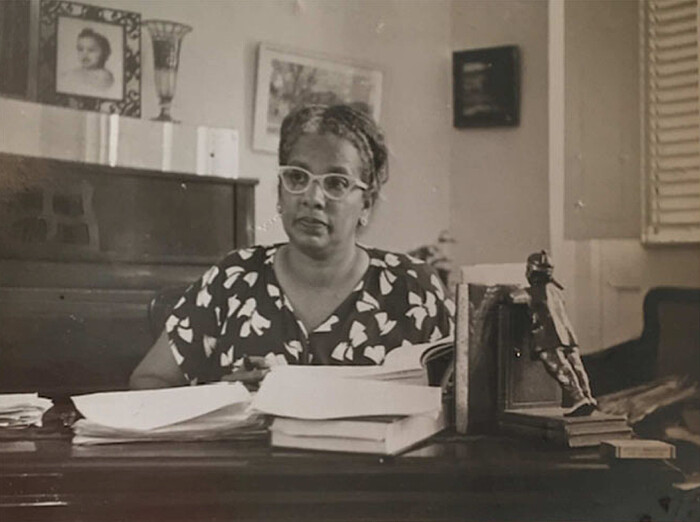
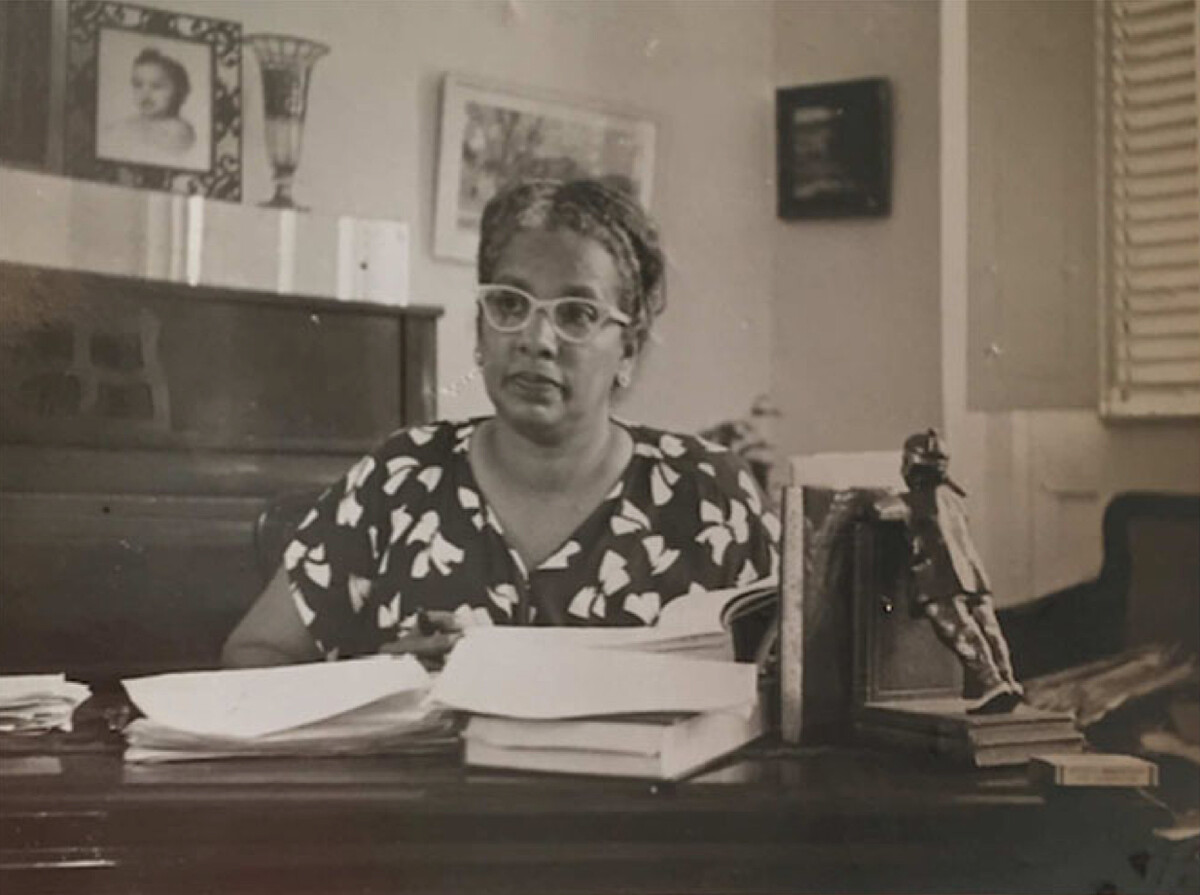 ©
afrocubanas.com
©
afrocubanas.com
EPISODE 4: ZORA NEALE HURSTON
Zora Neale Hurston (1891–1960) was an African American writer, anthropologist, and folklorist. A central figure of the Harlem Renaissance, she conducted fieldwork in the US-American South and the Caribbean, including Haiti, where she studied folklore and voodoo practices. Her book "Tell My Horse“ (1938) documents her research on Afro-Caribbean traditions, while her acclaimed novel "Their Eyes Were Watching God“ (1937) explores themes of race, gender, and identity. Hurston's work bridged anthropology and literature, preserving and celebrating Black cultural heritage. In this episode, we concentrate on her work on the phenomenon of the "zombie“ in Haiti.
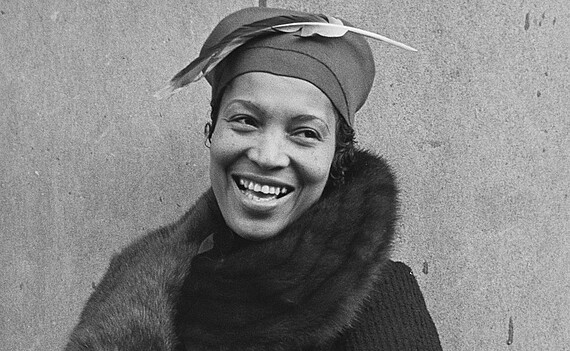
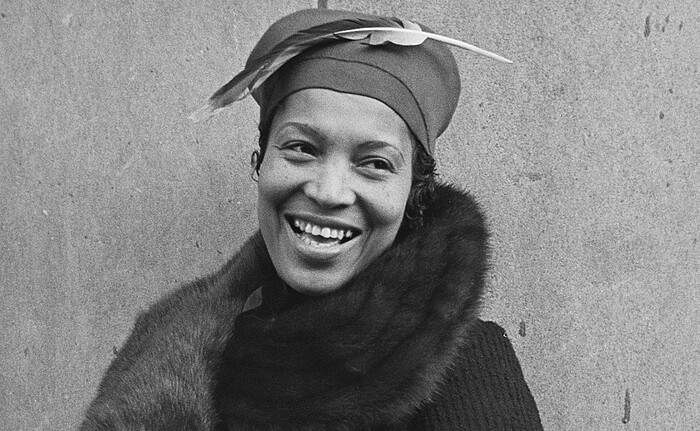
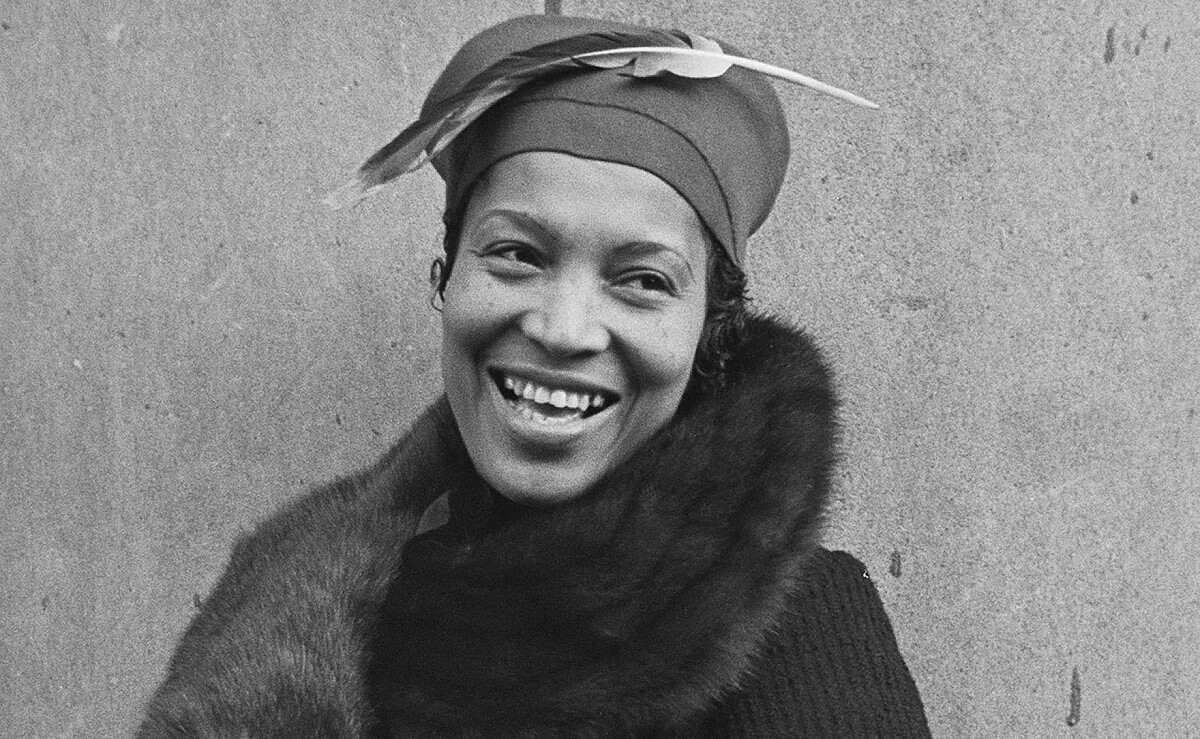 ©
Zora Neale Hurston (1891-1960) portrait, ca. 1920, by Carl Van Vechten in Beinecke Rare Book & Manuscript Library and The Van Vechten Trust
©
Zora Neale Hurston (1891-1960) portrait, ca. 1920, by Carl Van Vechten in Beinecke Rare Book & Manuscript Library and The Van Vechten Trust
EPISODE 5: CLAUDIA JONES
Claudia Jones (1915–1964) was a Trinidad-born activist, journalist, and pioneering figure in the fight for civil rights and social justice. A committed communist, she championed the rights of Black and working-class communities in both the United States and the United Kingdom, where she was exiled in 1955. Jones is best known for founding The West Indian Gazette, a key publication for Caribbean diaspora issues, and organizing the first Caribbean Carnival in London, laying the foundation for the modern Notting Hill Carnival. Her work addressed issues of race, gender, and class, leaving a lasting impact on anti-racist and feminist movements. In this episode we look at some of her writings on women’s rights and talk about her political activism.
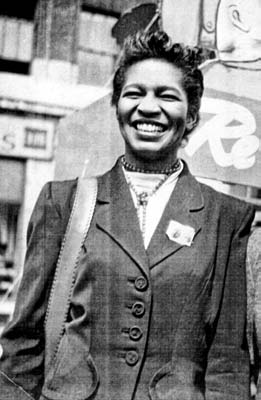

 ©
Claudia Jones, likely during her time in the CPUSA, nd, Wikimedia Commons.
©
Claudia Jones, likely during her time in the CPUSA, nd, Wikimedia Commons.
EPISODE 6: ELIZABETH KECKLEY
Elizabeth Keckley (1818–1907) was an African American seamstress, abolitionist, and memoirist. Born into slavery in Virginia, she bought her freedom in 1855 and became a successful dressmaker, serving prominent clients including First Lady Mary Todd Lincoln. Keckley is best known for her memoir “Behind the Scenes, Or, Thirty Years a Slave, and Four Years in the White House" (1868), which offers a personal account of her time in the White House and her close relationship with Mrs. Lincoln. This episode discusses her experiences during and after enslavement and her life as a key figure of the African American community in Washington, D.C.
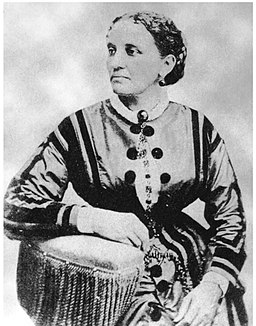

 ©
Elizabeth Keckley, around 1870, Wikimedia Commons
©
Elizabeth Keckley, around 1870, Wikimedia Commons
ACKNOWLEDGEMENTS
We would like to thank the following persons for their contributions and support:
María del Rosario Díaz and Sandra Heidl/Negracubana for their inspiring lectures and for graciously providing recordings for our podcast.
Roger Pessoa de Jesus, producer of the podcast Falando de História, who supported us with his practical skills.
Lendl Barcelos for the audio post-production of this podcast.
Juliane Ulbrich for co-teaching the seminar for this podcast.
Jorge Daniel Vásquez, Brenna Hilby, Theo de Jager Dambrauskas, Javier Lastra Bravo, AunRika Tucker-Shabazz and Ben Woodard who contributed with their voices to the episode on Ellen Irene Diggs.
Sandra del Valle Casals for her translations of articles from the journal Afrocubanas – La Revista.
Dr. Ida E. Jones, Associate Director of Special Collections & University Archivist at Morgan State University for providing invaluable support in researching the Ellen Irene Diggs papers.
Armando Cartaya and Yohannis Martí Lahera from the University of Havana's Biblioteca Central for their support in accessing archival materials on Ellen Irene Diggs, Ana Echegoyen and the history of the University of Havana.
Anke Arkenberg and Heike Brose from the History Department for their administrative support.
Jesko Thiel from the Leibniz Information Centre for Science and Technology for access to the podcast recording studio.
Celine Brinkmann for the design of the website.
The Leibniz School of Education for providing the "Studienqualitätsmittel" which funded the seminar and production of this podcast.




